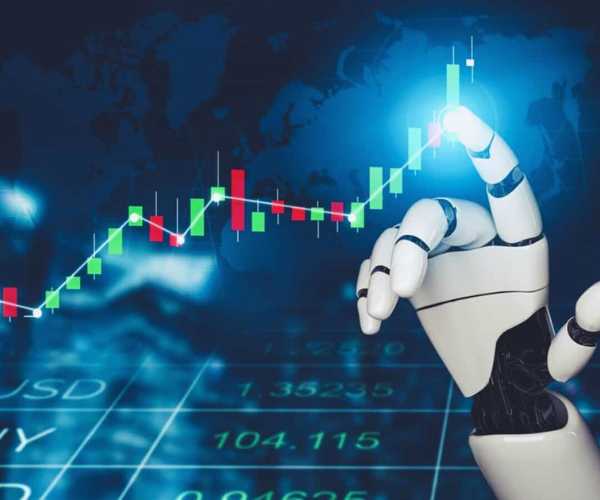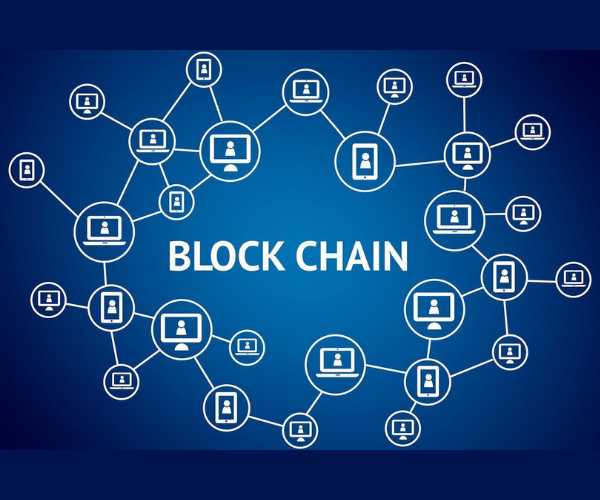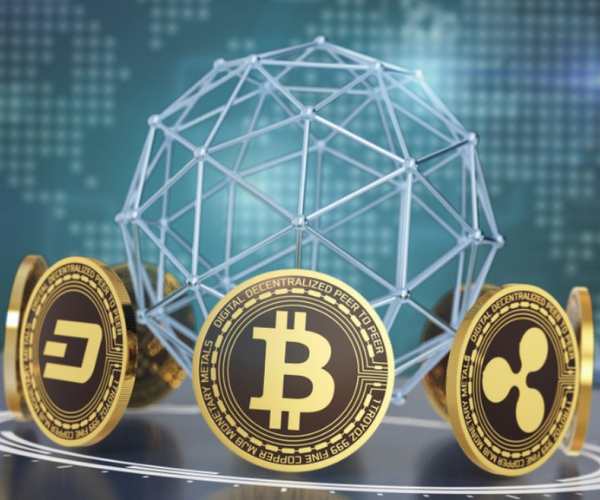Fed Needs Recession to Win Fight Against Inflation, Poll Shows
NEW YORK (Reuters) – The Federal Reserve will be hard pressed as it tries to bring inflation down without a significant hit to U.S.
Economic activity and a sharp rise in unemployment, and even then it may miss its target of 2% inflation over the next few years. , concluded a group of leading economists after reviewing past central bank struggles with inflation.
The study looked at 16 cases since the 1950s, including 10 in the United States and others in Germany, Canada and the United Kingdom, in which central banks used rising interest rates to engineer a “disinflation”, which the research defined as a decline in the inflation rate of about 2 percentage points or more.
“We found no instances where significant central bank-induced disinflation occurred without a recession,” the researchers concluded.
Among the authors of the study are Stephen Cecchetti, a professor at the Brandeis International Business School and former economist at the Bank for International Settlements (BIS); Michael Feroli, chief economist at JP Morgan; and Frederic Mishkin, professor at Columbia Business School, former Fed chairman and longtime research collaborator of former Fed Chair Ben Bernanke.
But a series of rapid rate hikes by the Fed last year, which pushed borrowing costs from nearly zero in March to a range between 4.5% and 4.75% at the central bank’s last meeting, has so far it was relatively free of cost. Some parts of the economy, such as housing, have been hit hard by tighter credit, but the unemployment rate has not budged and overall growth has remained resilient — facts that Fed officials still regard as evidence of a possible “soft landing”. “, in which the economy weakens without falling into recession.
Indeed, researchers said they viewed the Fed’s most recent projections, released in December and expected to be updated in about four weeks, as “benign”. Prognoses include a drop in inflation to 2.1% by the end of 2025, with economic growth and an increase in unemployment to just around 4.6%.
In the opinion of the study’s authors, “the cost of bringing inflation down to the Fed’s 2% target through 2025 is likely to be associated with at least a mild recession.”
While they also credit the authorities with trying to chase the damage over the past year with faster rate hikes, they also project a difficult trajectory ahead, in which reducing inflation will become progressively more difficult after an initial round. of progress.
Their preferred model estimates that, with a benchmark interest rate peaking at around 5.6% this year — already above the 5.1% projected by Fed officials in December — inflation will fall to just 3 .7% at the end of 2025.
Reference source: investing.com
 What Are the Share Market Trends for the Coming Years?
What Are the Share Market Trends for the Coming Years?
The share market is changing, and you can grow with it. Keep reading and learn more about this universe! Ad The share market is in constant […]
Keep reading How Blockchain Is Revolutionizing the Financial Sector
How Blockchain Is Revolutionizing the Financial Sector
Understanding what blockchain is means understanding the future financial. Ad If you’ve heard of blockchain, you know it’s a topic that’s changing the world, especially the […]
Keep reading 6 Essential Tips to Protect Your Crypto Investments
6 Essential Tips to Protect Your Crypto Investments
Exploring the digital world and making your crypto investments can be an exciting journey full of opportunities. Ad However, as with any promising venture, taking crucial […]
Keep reading